Fame eluded child star Mark Lester after success of Oliver!
It has become one of the great moments in musical cinema when a small boy asks “Please sir, I want some more”
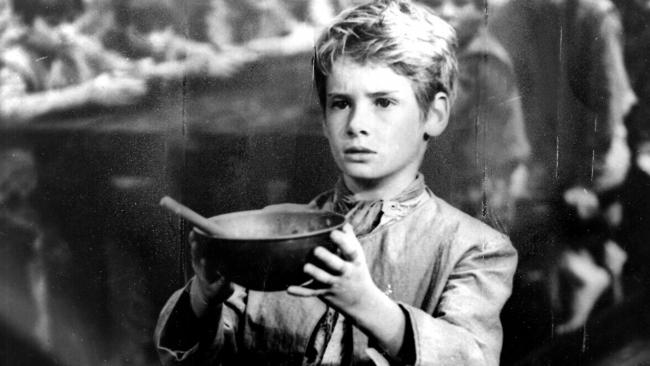
Today in History
Don't miss out on the headlines from Today in History. Followed categories will be added to My News.
A SMALL boy in an orphanage walks up to a stern man standing behind a bubbling pot of gruel. Holding out an empty bowl the boy pleads “Please sir, I want some more.”
It is one of the great moments in musical cinema history, a prelude to the title song of the movie musical Oliver! The film premiered 50 years ago today before Princess Margaret at London’s Odeon Theatre in Leicester Square. It was an instant hit, making millions at the box office, and went on to win an Oscar for best film.
Based on a hit West End stage musical, which was itself adapted from the best-selling, 19th-century book Oliver Twist by Charles Dickens, it had a winning pedigree.
The film also starred veteran performers Ron Moody as Fagin, Harry Secombe as Mr Bumble and Oliver Reed as Bill Sikes and introduced child actors Jack Wild as the Artful Dodger and Mark Lester (Oliver) to a global audience. But while Reed, Secombe and Moody would all have long careers thereafter, Wild and Lester suffered problems of child actors peaking too early and neither would remain stars beyond their childhood.
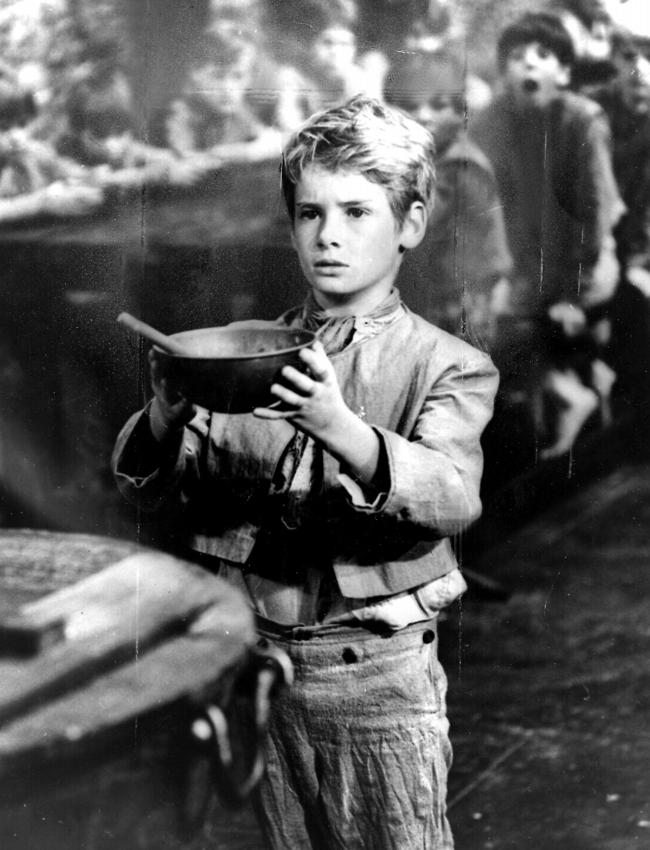
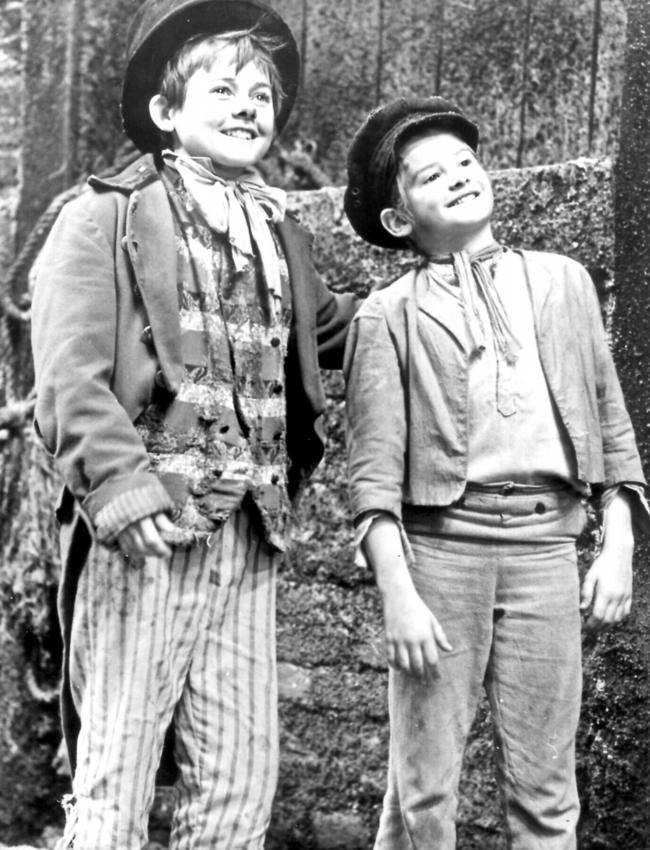
The show’s creator Lionel Bart also failed to replicate the success of his musical.
The book on which the musical was based was Dickens’ second. It followed the adventures of an orphan named Oliver. Sent to work for an undertaker, Oliver runs away to London and falls in with a gang of pickpocket associates of the criminal Fagin. After witnessing some of the worst aspects of Victorian society, Oliver eventually finds happiness.
First serialised from February 1837 to April 1839 in Bentley’s Miscellany, it drew on some of Dickens’ own childhood but was also a social commentary on orphanages and government workhouses, where the homeless poor were forced to sleep and labour under appalling conditions. Dickens had once been a court reporter and his Fagin was inspired by the story of Isaac “Ikey” Solomon, a Jewish man who acted as a “fence”, selling goods stolen by others, mostly gangs of poor children.
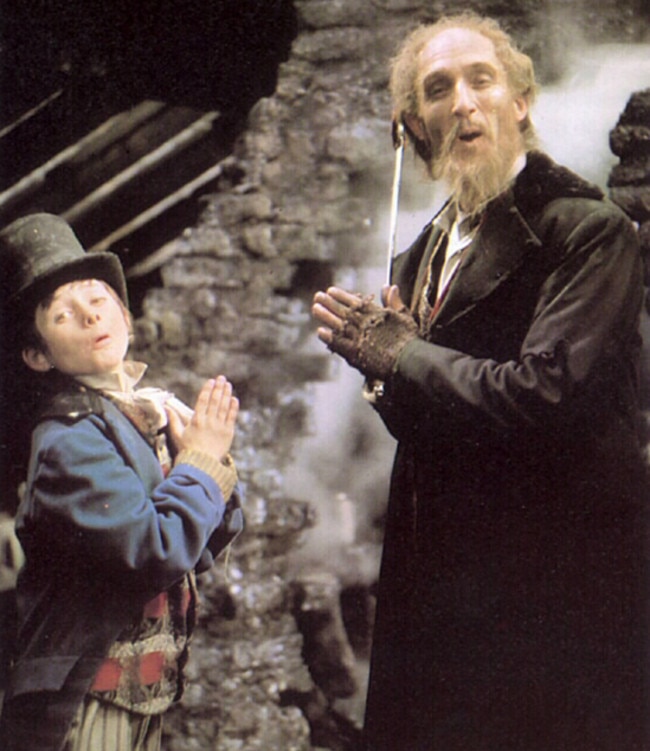
Playwrights adapted parts of the book for the stage before it had finished being serialised, but the first licensed stage version was in 1868. In the 20th century there were dozens of film adaptations, but perhaps the most famous was David Lean’s 1948 version starring John Howard Davies as Oliver and Alec Guinness, in heavy makeup, as Fagin.
In 1960 pop songwriter Bart (born Lionel Begleiter in 1930), best known for writing the hit song Living Doll, was looking for a subject as a follow up to his musical Lock Up Your Daughters, set in the 18th century and based on a Henry Fielding play.
He took a chance on Dickens’ novel, despite the fact several musicals based on his books had floundered on stage. Bart wrote some songs, based on the English tradition of music hall and drawing on his own pop influences.
But 12 people turned it down telling him it was “too morbid or too risky with all those kids and a dog”. Eventually producer Donald Alberry heard the songs and staged a version under director Peter Coe. Oliver made its debut on the West End in 1960 with Moody as Fagin and Keith Hamshere as Oliver. It ran for six years. Davy Jones, later one of the Monkees, played one of the original Dodgers during its run.
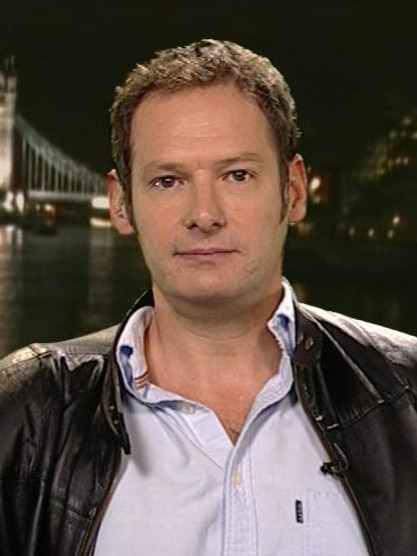
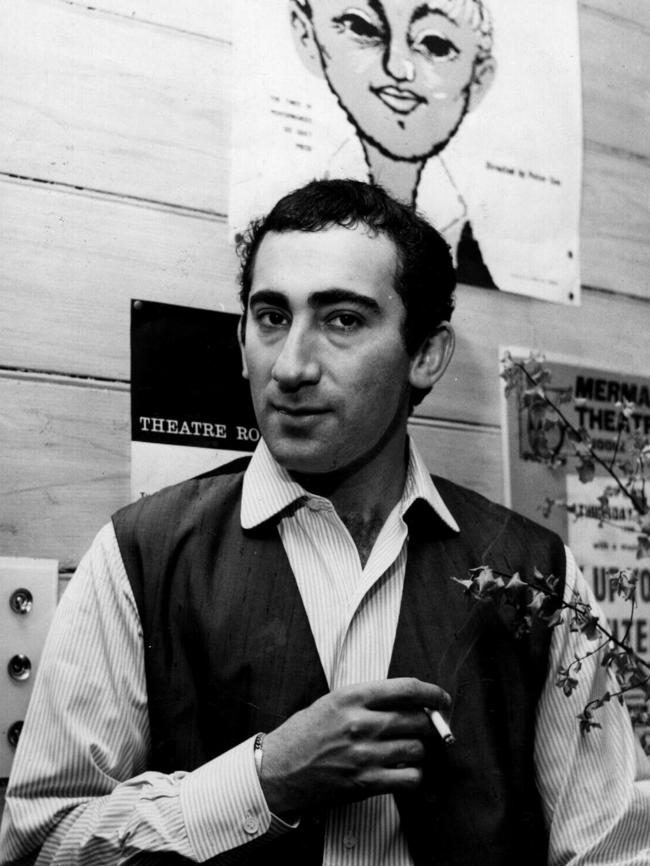
Film producer John Woolf procured the film rights in the mid ’60s. He hired Carol Reed as director and Reed’s nephew Oliver begged to be allowed to play the role of Sikes. Moody, who had been so successful in the stage show, was only given the role of Fagin after it was turned down by Peter O’Toole and Peter Sellers. Wild came straight from playing the Dodger on stage. Lester was chosen primarily for his look rather than his depth of acting experience or his voice, which had to be dubbed by Kathe Green, daughter of the film’s musical director Johnny Green.
The film was a massive undertaking. With a budget of an estimated $US10 million, it required a team of some 350 people just to build the sets and a cast of hundreds of extras. After six months of rehearsals, filming began in June 1967 and went for 15 months.
Premiering on September 26, 1968, it was a huge hit and ran for months in cinema and made more than triple its costs back at the box office. But its star Lester made only a handful of films after Oliver! and none as memorable, before he gave up acting. For a time he focused on martial arts and was even a bodyguard for Michael Jackson before becoming an osteopath.
Wild went on to star in the short-lived series H.R. Puffenstuff but his career tapered off as an adult and he struggled with alcoholism before he died in 2006 at 53.
Even the show’s creator Bart struggled to find another hit and ended up writing songs for movies. He died in 1999 aged 68.

